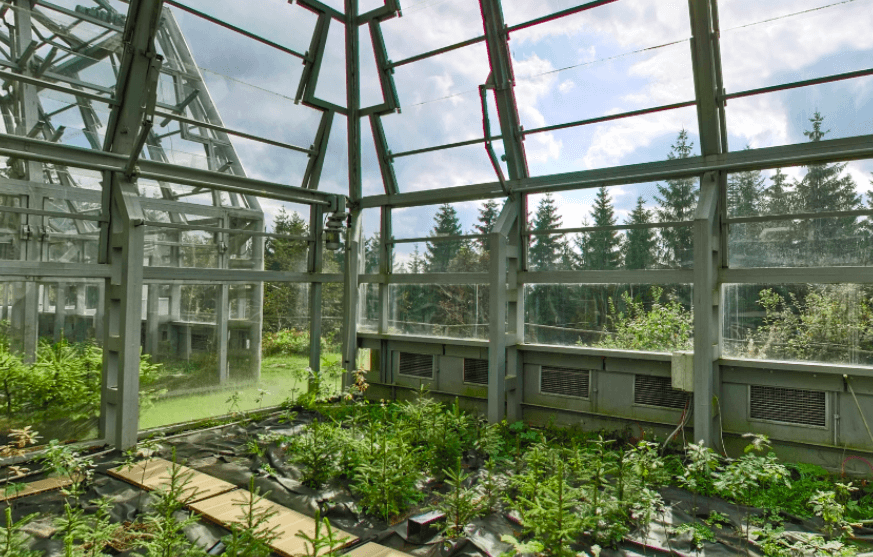virtual infrastructure guide
Quo Vaditis Conference – First Call
News

Five representatives of projects supported by the Operational Programme Research, Development and Education have been selected for this year’s round of the REGIOSTARS competition. And one of them is now among the 25 finalists who will present their projects to an expert jury and audience at the European Week of Regions and Cities in Brussels in October. The SustES project, supported by the OP RDE Excellence in Research call and led by the Global Change Research Institute of the CAS, p. r. i., has brought about a new research programme and an international team of experts working on climate change with a focus on the Central European region. And it is the successes in this area that rank it among the best projects in the Green Europe category.
More 2024
Tools4Cap: Empowering effective CAP governance towards EU ambitions for green transition
Tools4CAP´s ambition is to provide end users with suitable tools for more evidence-based policy design, ultimately improving capabilities to design next-generation Strategic Plans and to perform monitoring tasks. Tools4CAP gathers 21 partners to support the design and monitoring of the national Common Agricultural Policy (CAP) Strategic Plans (SPs) 2023-2027 and lay the foundations for sound preparation of Post-2027 Strategic Plans through a bottom-up adaptation of innovative methods and tools.
More In June 2024, the ICOS European Research Infrastructure published the next issue of the European Greenhouse Gas Bulletin – FLUXES.
The current issue of the bulletin is dedicated to greenhouse gas inventories and a key tool for monitoring emissions and accelerating climate action (MRV).
Read more: quo_vaditis_enThe MRV system, which stands for scientifically based monitoring of emissions (monitoring), reporting and compilation of information into inventories (reporting) and verification of independent assessment of the reported information with the aim of ensuring its accuracy (verification), helps decision-makers to assess progress on the way to net-zero global emissions. The EC aims to reduce net emissions by 90% by 2040 compared to the 1990 level.
Scientists from all over Europe are developing effective monitoring, reporting and verification (MRV) systems based on high-quality data. Through new projects, they introduce tools for monitoring emissions from human activities and develop methods to monitor soil organic carbon in different local climates and for different climate change scenarios.
MRV systems are developed for a wide variety of applications. They help countries verify their national greenhouse gas inventories based mainly on statistical data (e.g. the amount of steel produced, the amount of coal burned in power plants, the number of livestock, the amount of waste produced), report the results of a certain measure to mitigate the effects of climate change, or monitor the effects of carbon management. Some processes are more community-based and local, while others aim to provide a broader picture and serve entire regions and countries. Some focus on verifying activities for the carbon credit market, while others focus on removing uncertainties in inventories.
ICOS, with its almost 180 observation stations spread across Europe, provides near-real-time open access to greenhouse gas information that can be used for the MRV system.
The bulletin can be downloaded here
More Zuzana Štípková from the Global Change Research Institute CAS – CzechGlobe was among the two dozen young scientists who received the Otto Wichterle Prize. Her research focuses on the causes of orchid species diversity, and among other things, she is the author of a detailed analysis of the biodiversity evolution of terrestrial orchid species in the country over the last 150 years.
She has also thoroughly studied the impact of the agrarian policies of the communist period on the decline in the diversity of these orchid species in Central and Eastern Europe, including a comparison with developments in Western Europe. She also focuses on tropical orchid species in South America, especially in Colombia and Ecuador. Her other area of interest is investigating the population growth in predator/prey relationships, especially in invasive species of lady-bugs. Here, among other things, she has been involved in refuting the widely held claim regarding invasive species of lady-bugs that were said to suppress native species; however, the claim was based on flawed statistical analyses.






